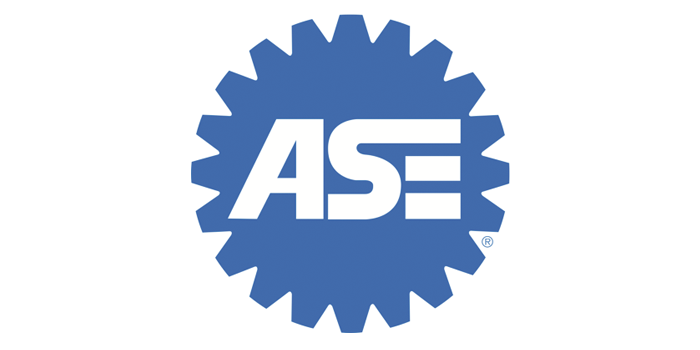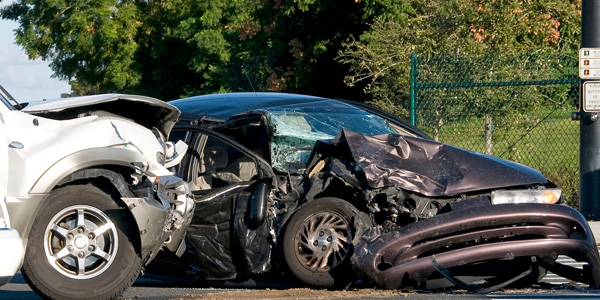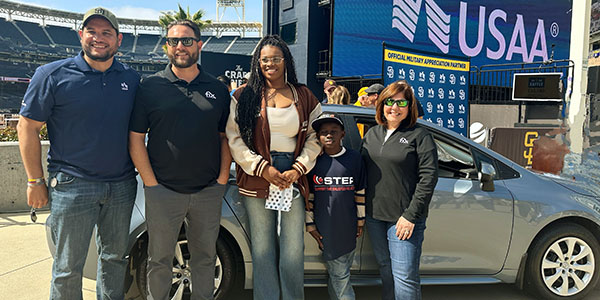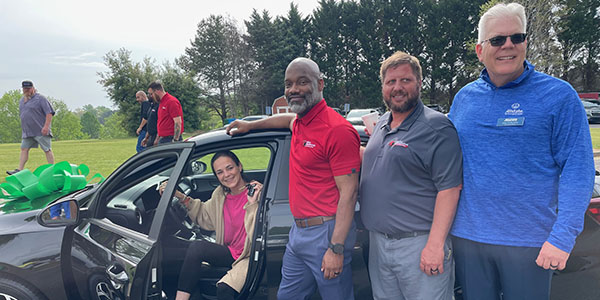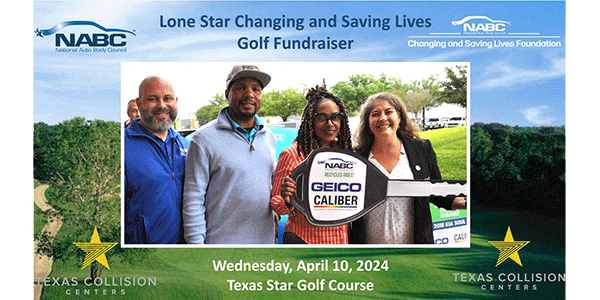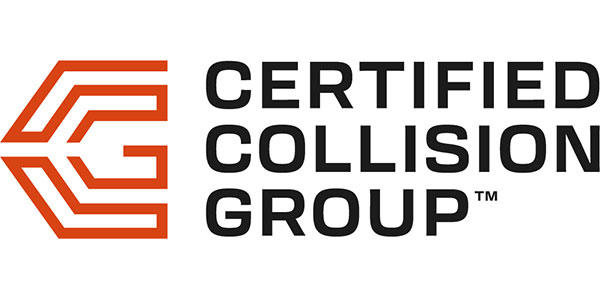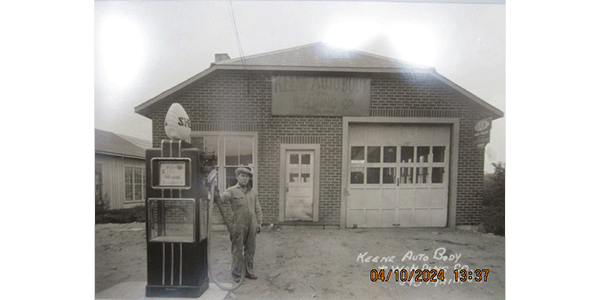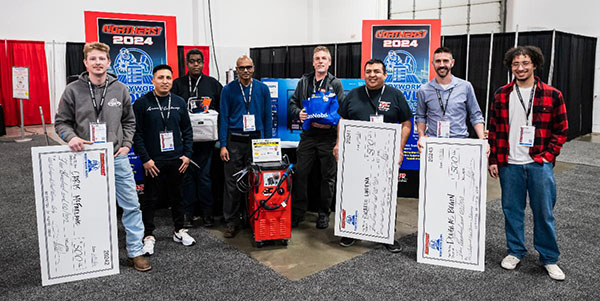The Automotive Service Association (ASA), along with 10 additional automotive industry organizations, sent a letter July 31 to the chairman and a ranking member of the House Subcommittee on Intellectual Property, Competition and the Internet stating their collective opposition to H.R. 3889, the Promoting Automotive Repair, Trade and Sales (PARTS) Act, sponsored by Rep. Darrell Issa, R-Calif. The coalition opposes H.R. 3889, stating, "Automotive collision repairers are very concerned about the quality of replacement crash parts. Permitting this intellectual property infringement also exposes consumers to significant safety, performance or durability risks without their knowledge." The letter reads:
Dear Chairman Goodlatte and Ranking Member Watt:
The undersigned coalition of original equipment manufacturers (OEMs), labor unions, intellectual property organizations and broad-based business associations respectfully writes to register our strong opposition to H.R. 3889, the Promoting Automotive Repair, Trade and Sales (PARTS) Act, which would exempt the creation, sales and/or importation of certain copycat component automobile repair parts from infringing U.S. design patents.
As you know, design protection encourages innovation and creates jobs. In fact, virtually all major OEMs – regardless of where they are headquartered globally – maintain design centers in the U.S. that employ highly skilled workers to create vehicles that will appeal to American consumers. We are at a loss to understand why Congress would endanger these jobs by effectively devaluing the design process in this country.
Design patents protect the designer against unfair competition from people or companies who copy without investing in the process or making an effort to innovate. Removing design protection promotes unfair copying to the detriment of U.S.-based designers, manufacturers, workers, and dealers. It is a license for ‘free riders’ to deprive innovators of any reward for the commercial risk that has been taken and potential employment of workers needed. Not only does the PARTS Act deny businesses the ability to rightfully protect their intellectual property (IP), it promotes piracy among all global industries.
The logic of design protection applies to visible parts as it does to the entire motor vehicle. While the above mentioned ‘free riders’ typically focus on only a limited number of vehicle parts, those parts tend to be highly visible exterior body parts such as bumpers, radiator grilles, doors and lights. The design of these parts makes a vital contribution to the safety, identity and appearance of the vehicle that is so important for its commercial success. In addition, the appearance of these parts is the culmination of significant effort of the particular inventor(s)/designer(s) in creating a vehicle design that resonates in the marketplace. OEMs invest billions each year to develop and patent these current designs, so to retroactively reduce patent protection to just few years upends the business decisions supporting this important segment of the U.S. economy. As a result, the PARTS Act would put American consumers, dealers, distributors, manufacturers and suppliers at risk.
Manufacturers of unlicensed automobile parts have to meet only one basic threshold: to produce a copy that passes off as an original part. Those who produce such parts incur no costs attributable to original design, research and development and, most importantly, product safety testing. Accordingly, the manufacturer of the original product for whom such unlicensed replacement parts are made does not know how these parts will perform with the rest of the vehicle and how their use will impact the quality and integrity of the original product. Automotive collision repairers are very concerned about the quality of replacement crash parts. Permitting this intellectual property infringement also exposes consumers to significant safety, performance or durability risks without their knowledge.
Finally, the underlying premise for the PARTS Act is that competition requires copying. It doesn’t. It’s common for aftermarket companies to produce an interchangeable part that doesn’t copy the exterior appearance of the OEM article. In fact, the U.S. aftermarket is replete with headlights, taillights, grilles and bumpers that don’t copy OEM designs but are interchangeable. Generic designs are a form of fair competition. They employ designers that create original designs, they provide consumers with greater repair choices and they protect the public from mistakenly buying a generic part when they intended the purchase of an OEM replacement. The PARTS Act is a solution in search of a problem.
For these reasons, the U.S. Supreme Court repeatedly has denied attempts to overturn these important IP rights. Legislatively denying these rights would not only overturn decades of judicial precedent, it would also violate IP rights that are protected under the World Trade Organization agreement on Trade-Related Aspects of Intellectual Property Rights. At a time when the U.S. should be seeking enhanced consumer safety through stronger enforcement of our IP laws, Congress should not enact legislation that would eliminate or weaken IP protections.
IP rights are explicitly recognized in the U.S. Constitution, by the U.S. Supreme Court, in our international trade agreements and by our trading partners. The PARTS Act would overturn U.S. legal precedent, endangering American consumers, and threatening U.S. jobs and investment.
We strongly oppose H.R. 3889 and urge you to do so as well.
Alliance of Automobile Manufacturers American Automotive Policy Council American International Automobile Dealers Automotive Service Association
Motorcycle Industry Council
Global Automakers
National Association of Manufacturers
National Association of Minority Automobile Dealers
National Automobile Dealers Association
Truck and Engine Manufacturers Association
United Auto Workers

